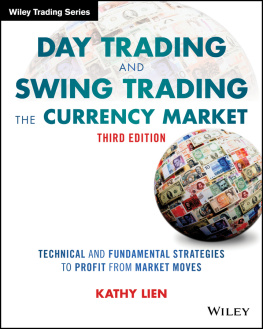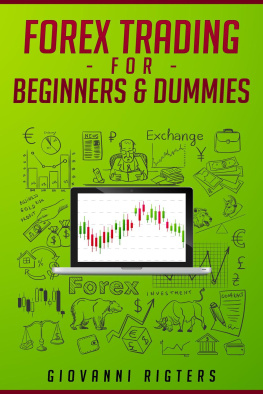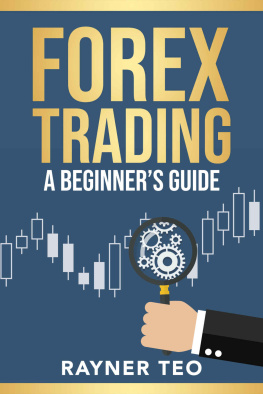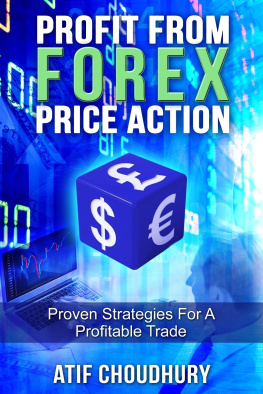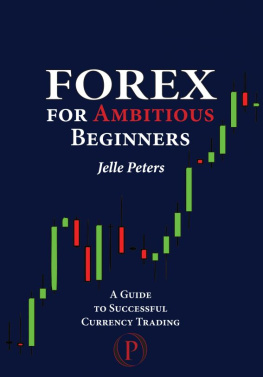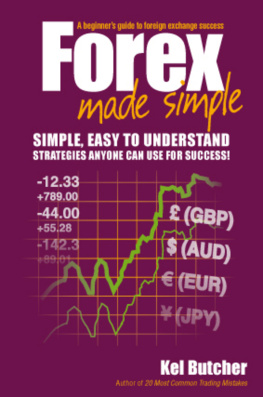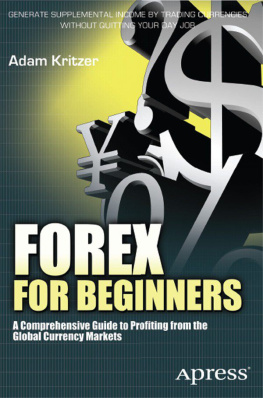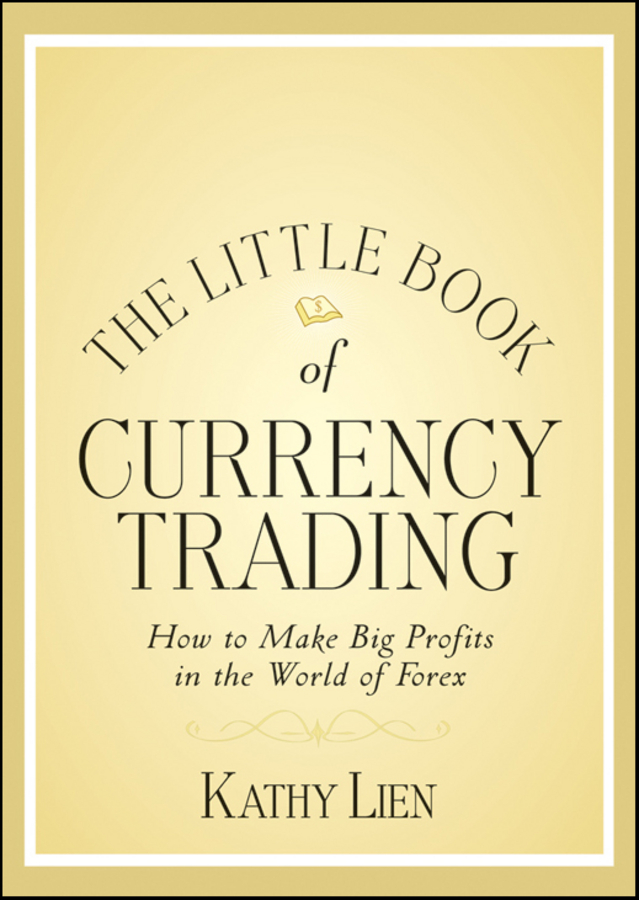Contents
Little Book Big Profits Series 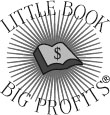
In the Little Book Big Profits series, the brightest icons in the financial world write on topics that range from tried-and-true investment strategies to tomorrows new trends. Each book offers a unique perspective on investing, allowing the reader to pick and choose from the very best in investment advice today.
Books in the Little Book Big Profits series include:
The Little Book That Still Beats the Market by Joel Greenblatt
The Little Book of Value Investing by Christopher Browne
The Little Book of Common Sense Investing by John C. Bogle
The Little Book That Makes You Rich by Louis Navellier
The Little Book That Builds Wealth by Pat Dorsey
The Little Book That Saves Your Assets by David M. Darst
The Little Book of Bull Moves by Peter D. Schiff
The Little Book of Main Street Money by Jonathan Clements
The Little Book of Safe Money by Jason Zweig
The Little Book of Behavioral Investing by James Montier
The Little Book of Big Dividends by Charles B. Carlson
The Little Book of Investing Dos and Donts by Ben Stein and Phil DeMuth
The Little Book of Economics by Greg Ip
The Little Book of Commodity Investing by John R. Stephenson
The Little Book of Sideways Markets by Vitaliy N. Katsenelson
The Little Book of Currency Trading by Kathy Lien

Copyright 2011 by Kathy Lien. All rights reserved.
Published by John Wiley & Sons, Inc., Hoboken, New Jersey.
Published simultaneously in Canada.
No part of this publication may be reproduced, stored in a retrieval system, or transmitted in any form or by any means, electronic, mechanical, photocopying, recording, scanning, or otherwise, except as permitted under Section 107 or 108 of the 1976 United States Copyright Act, without either the prior written permission of the Publisher, or authorization through payment of the appropriate per-copy fee to the Copyright Clearance Center, Inc., 222 Rosewood Drive, Danvers, MA 01923, (978) 750-8400, fax (978) 646-8600, or on the Web at www.copyright.com . Requests to the Publisher for permission should be addressed to the Permissions Department, John Wiley & Sons, Inc., 111 River Street, Hoboken, NJ 07030, (201) 748-6011, fax (201) 748-6008, or online at www.wiley.com/go/permissions .
Limit of Liability/Disclaimer of Warranty: While the publisher and author have used their best efforts in preparing this book, they make no representations or warranties with respect to the accuracy or completeness of the contents of this book and specifically disclaim any implied warranties of merchantability or fitness for a particular purpose. No warranty may be created or extended by sales representatives or written sales materials. The advice and strategies contained herein may not be suitable for your situation. You should consult with a professional where appropriate. Neither the publisher nor author shall be liable for any loss of profit or any other commercial damages, including but not limited to special, incidental, consequential, or other damages.
For general information on our other products and services or for technical support, please contact our Customer Care Department within the United States at (800) 762-2974, outside the United States at (317) 572-3993 or fax (317) 572-4002.
Wiley also publishes its books in a variety of electronic formats. Some content that appears in print may not be available in electronic books. For more information about Wiley products, visit our web site at www.wiley.com .
ISBN 978-0-470-77035-1 (cloth); 978-1-118-01841-5 (ebk); 978-1-118-01840-8 (ebk); 978-1-118-01839-2 (ebk)
To my family, loved ones, and all of those who have inspired me!
Introduction
I have always considered myself lucky. When I was 10 years old, my mothers favorite performer from Hong Kong was doing a retirement concert in Atlantic City. The concert hall was packed with what must have been more than 1,000 people. When we took our seats, the performer told us that there would be a surprise giveaway of memorabilia from her past performances. When I was picked, I screamed in delight at winning a gorgeous antique watch. A few years later, I won a sweepstakes for a free Hawaiian vacation. I graduated college when I was just 18 years old, landed one of the first jobs that Ive ever interviewed for, got out of the stock market before the technology bubble burst, met the man of my dreams at 23, and was never at risk of losing my job during the global financial crisis.
Lady Luck has certainly smiled on me and I wont take her for granted, but being lucky was not the only thing that got me where I am today. I doubt that New York Universitys Stern School of Business would have let me graduate college at an age when most people graduate high school just because of luck. Being smart, having a strong work ethic, recognizing opportunities when they appear, and knowing how to grab them is just as important as being lucky. In other words, luck needs to be combined with skill.
Over the past few years, weve all had to deal with financial crises. A lot of people lost their shirts and many are still struggling to recover. Those who survived without great loss are lucky. But should we be content with just being lucky? After all, some people not only survived but thrived during the financial crisis. When a crisis hits, you can sit back and watch in shock as your money evaporates or you can go on the offensive and take advantage of the opportunities in front of you. The key is to recognize those opportunities and know how to act on them when they appear.
One increasingly popular way of capitalizing on the up and down movements in the financial markets is through currencies. Between 2004 and 2010, the daily turnover or volume in the forex market more than doubled from $1.9 trillion to $4 trillion. Before the technology boom, investing and trading in the forex market was limited to institutional investors, hedge funds, and other deep-pocketed players. However, that changed when foreign exchange brokers brought their platforms online and made the market available to individual traders. Since then the number of people trading forex has exploded and it is only expected to grow. Many people have already discovered forex tradingit may be time for you to learn why the market has become so popular, too.
Foreign exchange movements touch everyones lives in one way or another. Whether youve traded forex before or not, youve bought and sold currencies. If youve traveled abroad or bought something on eBay from a seller in another country, that counts! Or if you are a small-business owner, you trade forex when you buy and sell products imported from other countries.
Maybe you think youre exempt from needing to know about forex trading because you invest solely in U.S. stocks. But thats not true anymore. If the companies you invest in have any foreign operations or payables and receivables in different currencies, youre still exposed to currency risk. As a result, it is important for any trader or investor to stay on top of exchange rates and to know how much currencies are worth.
Of course, the sharp increase in foreign exchange trading activity is not just due to people following currencies. Investors and traders are participating in the market for speculation, hedging, investment, and other transactional purposes.


